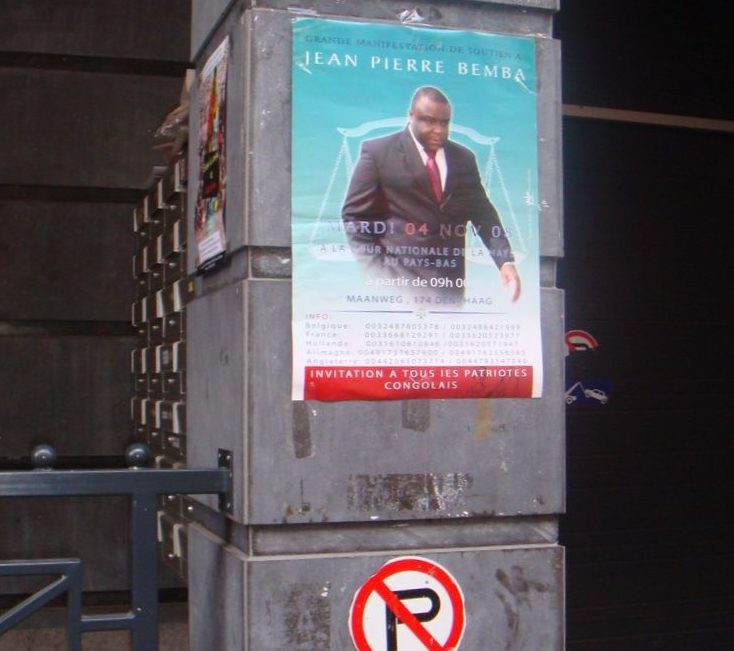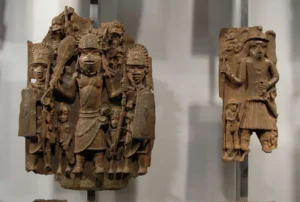
June 21, 2016; BBC and New York Times
In a landmark conviction by the International Criminal Court, Jean Pierre-Bemba, 53, a former vice president of the Democratic Republic of Congo, was found guilty of two counts of crimes against humanity involving murder and rape and three counts of war crimes involving murder, rape, and pillage in the Central African Republic in 2002–2003. In the end, an international panel of judges sentenced Bemba to 18 years in prison for those crimes.
“The Chamber also found that two aggravating circumstances applied to the crime of rape: it was committed (i) against particularly defenseless victims and (ii) with particular cruelty,” said the press release by the ICC. “The Chamber also found that one aggravating circumstance applied to the crime of pillaging, which the majority of the Chamber considered to be the particular cruelty with which the crime was committed.”
In 2002, Bemba sent 1,500 militia members to the Central African Republic to subdue a coup against then-president Angé-Felix Patassé. In the course of doing so, Bemba’s militiamen carried out “sadistic” murders and rapes as well as pillaging of “particular cruelty,” as noted by ICC Judge Sylvia Steiner.
Bemba’s conviction was the first time the ICC recognized rape as a function and tool of war. While other international courts have convicted defendants for rape as a byproduct of war, Bemba’s conviction was the first time a defendant was prosecuted by the ICC for rape as a war crime. This is likely in part due to the push by victim advocacy groups and human rights nonprofits.
According to the New York Times, the militiamen said they were poorly paid and used rape as a way to reward themselves. The rapes were committed against men, women, and children, regardless of their ages, and also included gang rapes. In their summary of the sentence, the judges noted that the large number of rapes and brutality of the attacks received more weight in the sentencing process than the murders, with 18 years for rape and 16 years for murder and pillage, to be served concurrently.
Sign up for our free newsletters
Subscribe to NPQ's newsletters to have our top stories delivered directly to your inbox.
By signing up, you agree to our privacy policy and terms of use, and to receive messages from NPQ and our partners.
It was also the first time a defendant was convicted despite not having been actively involved or present for any of the crimes. According to the judges, given that the militia was under Bemba’s control, Bemba is culpable in his role as a commander of the army.
“Mr. Bemba was a person effectively acting as a military commander, who knew that the MLC forces under his effective authority and control were committing or about to commit the crimes charged,” said the press release.
Bemba has already served eight years, as he as been imprisoned awaiting trial and sentencing since 2008, and those eight years will be deducted from his sentence. As such, he will only serve another ten years. However, Bemba may be eligible for release in just four years because, according to the New York Times, “It has been customary at international tribunals to deduct one-third of the total sentence.”
Yet, advocacy groups are not forgetting the gravity of the decision overall. Nonprofit Human Rights Watch said the sentence gave “a measure of justice.” According to Geraldine Mattioli-Zeltner, HRW’s international justice advocacy director, “Other commanders should take notice that they, too, can be held accountable for rapes and other serious abuses committed by troops under their control.”
According to the press release, the issues of victim compensation and where Bemba will serve out the remainder of his sentence still remain in question. The court proceedings include more than 5,000 civilian victims who may be eligible for compensation.—Shafaq Hasan












